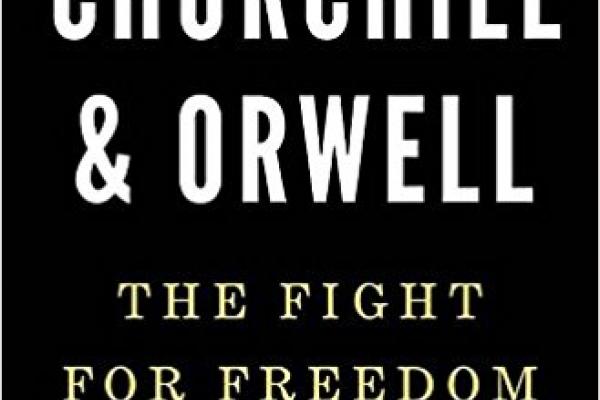THERE'S NO DOUBT that both Winston Churchill and George Orwell (two of the 20th century’s harshest critics of the Soviet Union) would be fascinated by the gaggle of money launderers, KGB men, and other Vladimir Putin supplicants dominating today’s international and domestic news.
Thomas E. Ricks, a national security adviser at the New America Foundation, has written a relatively compact dual biography of the two men, Churchill and Orwell: The Fight for Freedom. It is extremely readable, but it leaves out a lot. Ricks comments: “On the surface, the two men were quite different. ... But in crucial aspects they were kindred spirits ... [who] grappled with the same great questions—Hitler and fascism, Stalin and communism.”
It’s an intriguing thesis that in the end doesn’t quite pan out. Ricks’ narrow focus on these 20th century “isms” ignores a profound difference in attitudes by Churchill and Orwell, which in the end demonstrates a deep political chasm.
Read the Full Article

